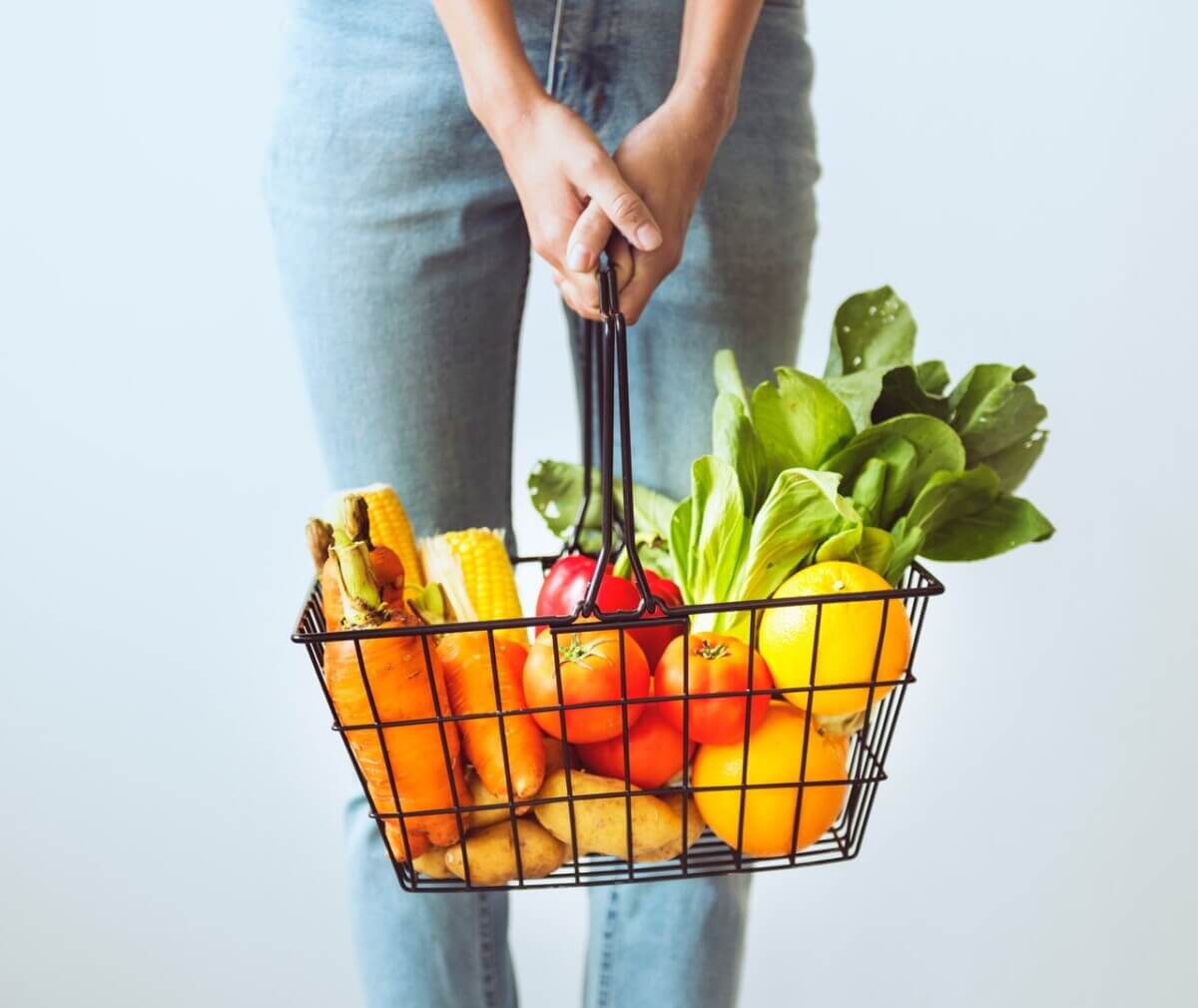
The organic food movement has gained popularity in recent years, which has many restauranteurs wondering whether they should start buying organic food from their wholesale food distributors. This organic food shopping guide covers the main reasons people choose to buy organic and can help your restaurant decide what foods to buy organic, what foods you don’t need to buy organic, and how to thoughtfully make that decision.
Why Buy Organic?
There are several reasons consumers are motivated to buy organic products, even when they end up costing more money. For one, organic produce doesn’t contain the same traces of pesticides that are found in non-organic produce. This is important, not only for people who are careful about what they put into their bodies, but for people who care about the environment. Organic farming maintains soil nutrients, protects the water supply, encourages healthy biodiversity, and results in less air pollution. With meats and dairy, buying organic eliminates the potential for hormones and antibiotics, which many consider to be unhealthy.
Foods to Buy Organic
If you’re trying to decide which foods to buy organic, you might want to consider your motivations. Consider your concerns, as well as the concerns of your restaurant clientele, and then use that information to inform your decision.
Pesticide Concerns
If your main concern is not wanting your diners to inadvertently ingest pesticide residue, for example, you’ll want to buy organic when purchasing produce like apples, blueberries, coffee, celery, tomatoes, cucumbers, grapes, leafy greens, nectarines, and other fruits and vegetables where you eat the skin. While thoroughly rinsing produce is a good food safety practice and can remove some traces of the pesticides, it doesn’t remove everything, so you may want to choose organic when purchasing this produce for your restaurant.
Growth Hormone & Antibiotic Concerns
If you or your clientele is most concerned with growth hormones and antibiotics, you’ll want to consider purchasing organic dairy products, meat, and eggs. You might even consider these popular non-dairy milk alternatives. While there is still some debate on the safety of growth hormones and antibiotics in our food, the general attitude seems to be shifting toward, cleaner, more natural products. In fact, there are still concerns about treatment-resistant bacteria from antibiotics and early onset puberty, which has been linked in some studies to growth hormones in milk.
Environmental Concerns
If your concerns or the concerns of your clientele are more environmental, there’s a bit less leeway in terms of which items you should buy organic. While onions, pineapples, and asparagus are relatively clean of pesticide residue, for example, the pesticides used to grow non-organic fruits and vegetables still negatively impact the environment. If your concerns are environmental, you might also consider lessening your carbon footprint by buying local, creating a seasonal menu, and including vegan burgers and vegan meat substitutes like jackfruit on your menu.
At McDonald Wholesale, we offer a wide range of natural, organic, and free-range products from trusted national and local brands across Oregon, Washington, California, and Idaho. Plus, we offer additional services, like restaurant marketing, menu analysis and engineering, personalized customer service and planning, reporting and auditing, and so much more. Call today at (877) 722-5503 to become a customer for life!

